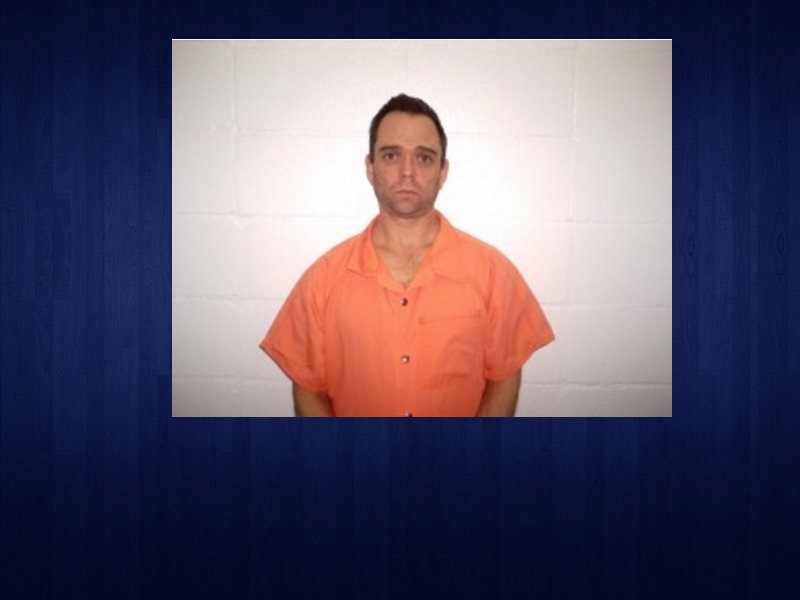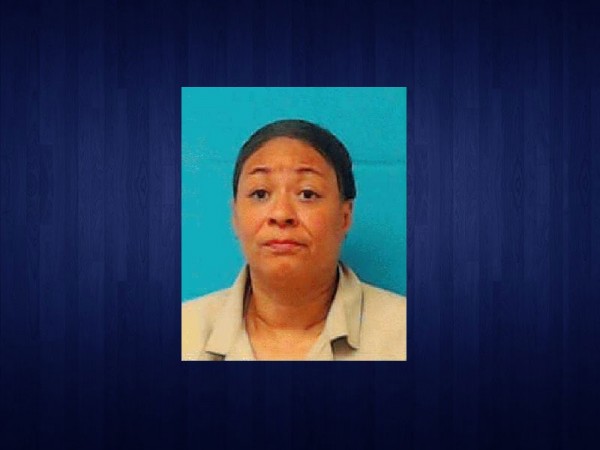According to the facts of the case, Miriam Pinckney, a paralegal, was living in California with her then-husband, John Pinckney, when they decided to adopt two babies from Guatemala – a boy, Joshua Pinckney, born in September 2006, and a girl, Maria Pinckney, born in February 2007. They were both infants when the Pinckneys adopted them.
In 2008, as the Pinckneys’ marriage began to unravel, Miriam Pinckney rekindled a high school romance with Christopher Gilreath. Eventually Miriam and the children settled in Cumming, GA, and John Pinckney, an attorney, maintained visitation rights with the children. In January 2009, after Gilreath moved in with Miriam and her children, Gilreath’s pit dog bit Maria on the cheek and she required stitches. When John Pinckney later saw the stitches and bandages on Maria’s face, he insisted on setting up a webcam to see the children. On Feb. 10 and 11, 2009, while communicating with both children via webcam, he saw no injuries on the children.
On Feb. 12, 2009, Pinckney left the children home with Gilreath, who had struggled to find employment. According to prosecutors, Gilreath was resentful both of his unemployment status and being asked to babysit Joshua and Maria, reflected by his statement, “I went to bed an electrician and woke up a nanny.” That morning, Pinckney tried a number of times to reach Gilreath by phone but could not. Gilreath eventually contacted her, said Joshua had a “really bad diaper” and she needed to come home. She left work, during which she was stopped by police and cited for speeding, arriving home about 12 noon. Gilreath told her Joshua was taking a nap in the bedroom. Pinckney later said she checked on Joshua, who did not stir, but she did not pull the covers down from his shoulders. She returned to work about 20 minutes later, logging into her work station at 1:02 p.m. She left for the day to return home at about 4:15 p.m. On her way, Gilreath called and said Joshua must have fallen because he had a bruise on his cheek and a scrape on his face. When she arrived home, Gilreath said Joshua had gone back to sleep in the master bedroom. Pinckney found the toddler in the same position on the bed, “sleeping hard.” She said she saw the scrape on his face and applied ointment to it. At bedtime, Pinckney carried Maria downstairs while Gilreath carried Joshua who was wrapped in a blanket. When Pinckney said she wanted to change Joshua’s diaper before he went to bed, Gilreath assured her he had already done so. After putting the children to bed, Pinckney went grocery shopping, which was confirmed by a Kroger receipt. When she returned, Gilreath told her the children had kicked the covers off, and he had put them back on them. She did not check on the children again that night. The next morning, Feb. 12, after getting ready for work, Pinckney went to the children’s room shortly before 7:00 a.m. She found Joshua lying in a puddle of vomit, and it was obvious to her he was dead. Pinckney began screaming, then dialed 911. Although Gilreath reported to medical personnel that Joshua had been breathing that morning, first responders later testified that Joshua showed no signs of life, had been dead for some time and was bruised on his face and abdomen.
The medical examiner who performed the autopsy determined that Joshua had suffered six blows to his head and sustained injuries to his groin, face, forehead, mouth, stomach, bottom, legs, and the inside of his mouth. His death was caused by blunt trauma to the head. The medical examiner said the child had been so severely beaten, his injuries were equivalent to those sustained in a car wreck. The medical examiner estimated the toddler most likely suffered his injuries the afternoon of Feb. 12 and died between 9:00 and 11:00 p.m. that night, eight-to-ten hours before Pinckney called 911. The child’s stomach contents indicated he had eaten before being assaulted and the medical examiner concluded the partially digested food in the little boy’s stomach was likely from lunchtime. A search of the couple’s home revealed marijuana and drug paraphernalia. Gilreath tested positive for marijuana and cocaine while Pinckney did not test positive for any illegal drugs.
Both Gilreath and Pinckney were indicted for felony murder and cruelty to children in the first degree, based on the failure to get medical care. In addition, Gilreath was charged with malice murder, two other felony murder counts, aggravated battery, and possession of cocaine. In August 2010, Miriam Pinckney entered a negotiated plea to cruelty to children for her failure to provide her child with necessary medical care. She was sentenced to 20 years, with the first five in prison and the remainder on probation. During Gilreath’s trial, prosecutors filed a motion asking the court to prohibit Gilreath from eliciting testimony from John Pinckney that his ex-wife had a history of threatening both children with violence and had once slapped Maria in the face. The trial court granted the State’s motion. The jury subsequently convicted Gilreath of all charges and he was sentenced to life in prison. Gilreath then appealed to the state Supreme Court, arguing the evidence was insufficient to convict him and he was prevented from presenting a complete defense.
In today’s opinion, the high court finds “the evidence was sufficient to enable a rational trier of fact to find Gilreath beyond a reasonable doubt of the crimes of which he was convicted.”
But in response to his contention that the trial court was wrong to deny him the opportunity of questioning John Pinckney about Miriam’s treatment of the children: “We agree,” the opinion says, and it has reversed all but one of Gilreath’s convictions. “Certainly a defendant is entitled to introduce relevant and admissible testimony tending to show that another person committed the crime for which the defendant is tried.”
In its 2006 decision in Scott v. State, the Georgia Supreme Court reversed the felony murder conviction of a man for the beating death of his infant daughter because he was prevented from cross-examining the only other adult present at the time, a woman who had been accused of abusing her own 23-month-old child. “This Court concluded that the evidence in question raised a reasonable inference of the defendant’s innocence by showing ‘that the other adult in the apartment during the period of time that the fatal injuries were inflicted had a history of inappropriate behavior toward her own infant child, including an allegation of physically forceful abuse,’” the opinion says. Furthermore, the woman was connected to the victim because she was present in the residence at the time the injuries occurred.
Here, Pinckney’s ex-husband, an attorney, would have testified that he saw Miriam Pinckney slap then-infant Maria in the face for refusing to eat breakfast and that he considered reporting the incident to child protective services; that she would cuss at the babies or threaten them with beatings when they were too young to understand; and that she had indicated she wanted to send the children back to Guatemala.
“This evidence, like the evidence in Scott, raises a reasonable inference of Gilreath’s innocence and, like in Scott, Pinckney’s presence in the residence on the day of the murder connect her with the corpus delecti,” the opinion says. “Accordingly, Gilreath’s convictions for count one, malice murder, and count six, cruelty to children in the first degree (premised on cruel and excessive physical pain caused by bruising) must be reversed.” In addition, the high court has reversed all of Gilreath’s other convictions except for count seven, possession of cocaine.
However, “because we determined that the evidence was sufficient to support the original convictions, double jeopardy does not bar the State from retrying Gilreath on counts one through six. Judgment affirmed in part, reversed in part, and remanded.”



















